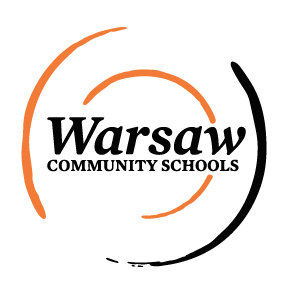Girls Who Code is a national nonprofit whose mission is to inspire, educate and equip girls with computing skills to pursue 21st-century opportunities. Girls in grades 3 through 5 learn to code, engage in sisterhood activities, build their literacy skills and are introduced to careers in technology. The Washington STEM club is the first in Warsaw Community Schools and is now in its second year. This year, the club is facilitated by Dr. Julia Porter and 5th-grade teacher Sarah Tucker.
“Washington STEM Academy has been blessed to have Girls Who Code as an after-school club. Each week, the girls are introduced to icon and word block coding to program applications and robots, but they also learn computer science vocabulary and research historical and modern women who have played a major role in engineering and innovation,” says Washington’s STEM Coach Derek Pike.
Dr. Funmi Olorunda is the Statewide Lead Chair for the Informatics program at Ivy Tech. She is also a Professor and Department Chair at the Muncie campus. Dr. Olorunda earned her Master’s in Information and Communication Sciences and EdD in Adult, Higher and Community Education at Ball State University. She has previously worked at ITT Technical Institute, Ball State University and University of Ibadan College of Medicine.
Dr. Olorunda is certified as an AWS Academy Educator and in CompTIA Project+. She has volunteered for Women in CyberSecurity and is a member of the American Association of University Women, Association of Institutional Research, Indiana Association for Institutional Research, International Society for Educational Biography and Multimedia Educational Resource for Learning and Online Teaching. She is also the faculty advisor and coordinator for Women in Technology at Ivy Tech.
Girls Who Code students, along with 5th- and 6th-grade girls, had the opportunity to hear Olorunda’s own experience, how she became interested in STEM and about the careers available in computer science and technology. Students learned how important it is to not only have a support system on their STEM journey but to recognize all the support they have in the community, at school and through the opportunities available to them.
“I’m glad that we can offer speaking engagements like this to our students,” said co-facilitator Dr. Julia Porter. “Many of the girls in the club are interested in different facets of technology and have lofty goals of careers in the STEM field. The more they can learn about others in the field, how they got there and the obstacles they too can overcome, the better.”
For more information on starting a Girls Who Code chapter at your school, visit girlswhocode.com.


